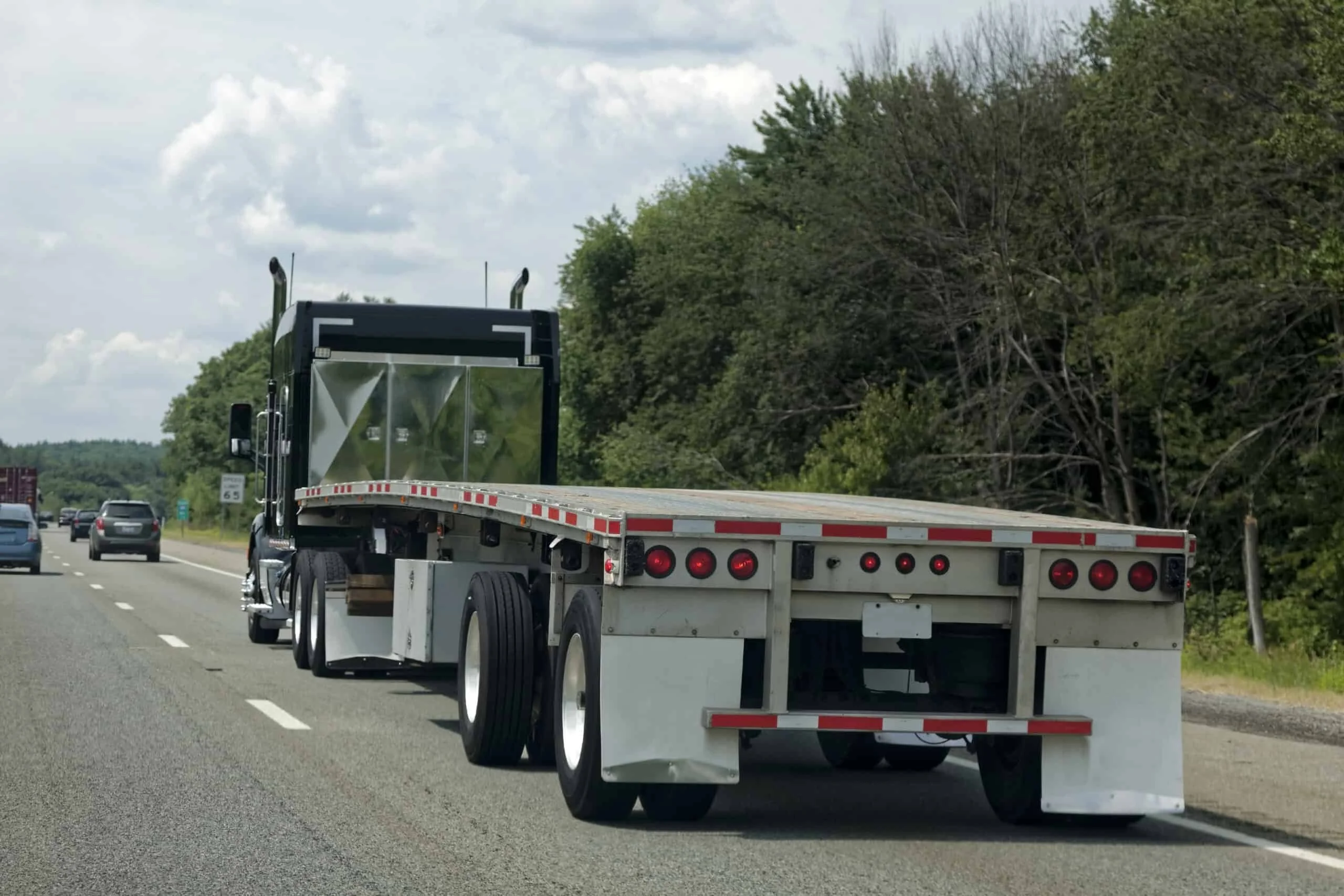Any transportation process, no matter how perfectly planned it is, is not 100% safe from accidents, and when something does not go according to plan, additional costs cannot be avoided. And the TONU fee is one of them. In our guide, we will help you understand the possible consequences and how to work with them, whether they already happened or not.
What is TONU in Trucking?
Acronym TONU stands for “Truck Order Not Used” and is used to describe a last-minute cancellation fee, the situation when under some circumstances, the customer may decide to move or even cancel an agreed-to, prearranged appointment. Unfortunately, even with the usage of modern technologies in today’s industry, not every pickup or delivery goes perfectly.
TONU exists not only to compensate the carrier for lost time but also for loss of potential revenue due to plan changes or simple miscommunication. Despite the harmless appearance of the fee, unfortunately, it can sometimes significantly affect the profit not only for drivers but for everyone involved in a supply chain management process.
Why Are TONU Fees Charged in Trucking?
The TONU fee goal is to help carriers gain back some of their losses, and its existence is best explained by the old saying, which goes “If the wheels aren’t turning, the truck isn’t earning.” In other words, trucks and trailers should always be moving because, from a transportation company’s point of view, the time they sit idle equals lost potential income.
TONU fee is in place to help carriers recoup some of the losses their business faces from a canceled load and it is just as frustrating for the carrier as it is for you, as you unfortunately wasted the driver’s time and made him late for all the pick-ups throughout on their road. As, trailers are always scheduled to be moving, when a transportation company has an idle truck — they’re losing money.
How are TONU Charges Collected?
First of all, there must be proof of a breach of agreement in case the event of a TONU charge is going to happen. A charge check is usually provided by the truck driver showing the time of the booking, confirmation of the trip, requested location arrival if possible, and cancellation of the customer’s arrangement.
Then, based on a trucking arrangement, the trucking company generates a TONU fee invoice to the freight forwarder or the customer. Also, depending on the agreement, the truck may opt to charge a third party, such as a freight broker, freight forwarder, or logistics company in case of its involvement in the transportation process.
The Average Cost of a Typical TONU Fee
So, how much is a TONU charge? Typical TONU fee usually relates to an ordered vehicle size and the transportation company policy, starting at about $150 for a box truck, dry van, or prime mover and getting higher on specialized equipment containers such as reefers, escalating to about $300 and more.
The industry average standard TONU fee is rated at $250, but as TONU is usually negotiated by your logistics partner with the dispatcher and truck driver and set in your terms of agreement contract ahead of time, you should know what to expect just because it is. Thus you can also expect to be charged for it quickly either immediately after cancellation or during the time period when the pickup was originally intended.
Differences Between TONU, Layover, and Detention
Don’t confuse a TONU fee with other accessorial shipping penalties such as layovers and detentions, as TONU is specifically related to an order that’s completely canceled. Layovers and detentions have their own separate fee structures, with some transportation companies charging by the hour, whereas others charge a flat or daily fee depending on the nature of the delay.
- Layover Fee: fee charged when the driver gets delayed by the receiver or the shipper and gets forced to wait for an extended period, usually by one or couple of days.
- Detention Fee: fee charged in situations, when the driver gets delayed at the delivery or pickup location for longer than the agreed Bill of Lading grace period. Similar to the TONU charge main purpose of this fee is to compensate workers for their lost time.
Strategies to Avoid TONU Charges
As mentioned before, sometimes stuff happens and things are just going out of your control. However, let us give you a few things you can keep in mind to help avoid TONU charges:
1. Always Communicate
One of the most important but simple keys to avoiding TONU charges is maintaining open lines of communication, establishing clear and efficient channels with everyone, from your logistics partner to your shipper and receiver thus ensuring successful pickup and delivery executions. Your plans change or unexpected problems arise? You just need to communicate with the trucking company immediately to see if the situation can be resolved without penalty.
2. Know Your Contract and Set Clear Expectations
You should probably have a solid understanding of your shipping contract details, as it’s the easiest step to avoid simple still annoying mistakes. You can also expect to incur TONU charges at some point, so it’s always a good idea to be familiar with the specific conditions that trigger the TONU charge, how much it’s going to cost you, and how it gets paid.
We know it’s difficult to anticipate all scenarios, still, it is a great practice to discuss how conditions, timelines, payments, and rates are to be treated by your transportation provider in the real world in case the need arises. As we mentioned before, communication is key, especially considering that an experienced logistics partner will always be upfront about their TONU fee policies and be glad to answer any questions you may have, so don’t hesitate to ask to ensure there aren’t any conflicts regarding timelines, conditions, rates, or payments.
3. Plan Ahead
Proactive planning and scheduling play a key role in avoiding TONU charges, so shippers must accurately forecast their shipping needs and provide carriers with reliable schedules. In turn, carefully planned routes by carriers, which take into account road conditions and possible delays due to other factors, will help to avoid problems in the transportation process and thus affect timely pickups and deliveries.
Good organization is started by good planning, so you should always make sure that everyone on your team is familiar with your transportation schedule and shipping details ahead of time. A contingency plan worked out in place is a good idea as well, as your team will know how to deal with shipping cancellations effectively.
Conclusion
TONU fees are an unavoidable part of the transportation and logistics industry. Understanding what they are, why they occur, and how to avoid them can help you better manage your shipping operations and minimize unnecessary costs. Still, by understanding and knowing your contract, maintaining open communication channels, planning ahead, and setting clear expectations, you can at least reduce the likelihood of TONU charges happening thus ensuring smoother, more cost-effective logistics operations.



